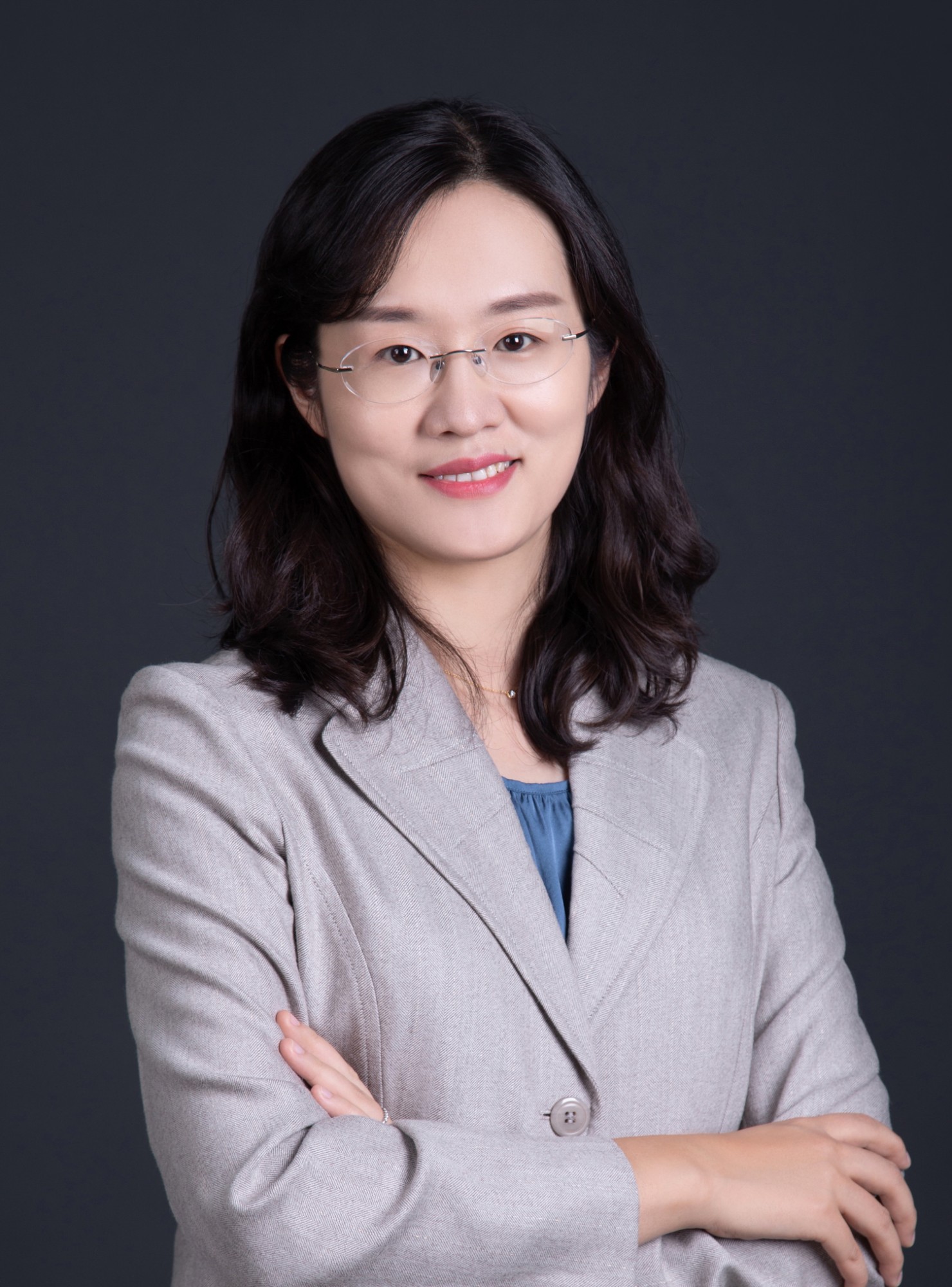
研究方向
皮肤免疫性疾病及皮肤淋巴瘤的发病机制与分子诊断。研究临床复杂免疫相关疾病及T细胞肿瘤的分子机制。近年来研究重点关注:1)皮肤常驻成熟T细胞的克隆转化机制,2)微生态免疫微环境在皮肤炎症性疾病中的作用,3)代谢异常在皮肤T细胞淋巴瘤中的作用及其机制
代表性科研论文
1. Chen, Z., Lin, Y., Qin, Y., Qu, H., Zhang, Q., Li, Y., . . . Wang, Y. (2023). Prognostic Factors and Survival Outcomes Among Patients With Mycosis Fungoides in China: A 12-Year Review. JAMA Dermatol, 159(10), 1059-1067.
2. Liu, F., Gao, Y., Xu, B., Xiong, S., Yi, S., Sun, J., . . . Wang, Y. (2022). PEG10 amplification at 7q21.3 potentiates large-cell transformation in cutaneous T-cell lymphoma. Blood, 139(4), 554-571.
3. Liu, X., Jin, S., Hu, S., Li, R., Pan, H., Liu, Y., . . . Wang, Y. (2022). Single-cell transcriptomics links malignant T cells to the tumor immune landscape in cutaneous T cell lymphoma. Nature Communications, 13(1).
4. Xiong, S., Liu, F., Sun, J., Gao, S., Wong, C. C. L., Tu, P. and Wang, Y. (2024). Abrogation of USP9X is a potential strategy to decrease PEG10 levels and impede tumor progression in cutaneous T-cell lymphoma. J Invest Dermatol.
5. Gao, Y., Hu, S., Li, R., Jin, S., Liu, F., Liu, X., . . . Wang, Y. (2023). Hyperprogression of cutaneous T cell lymphoma after anti-PD-1 treatment. JCI Insight, 8(4).
